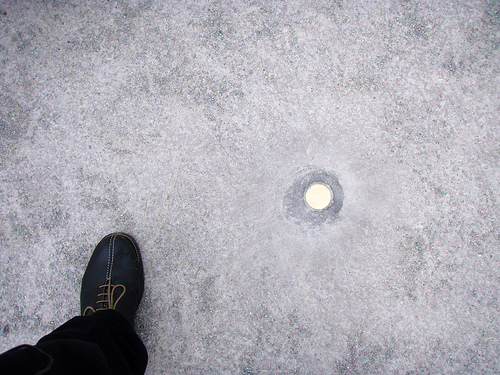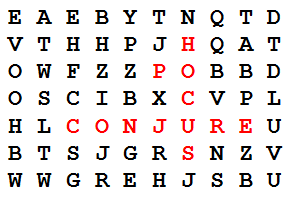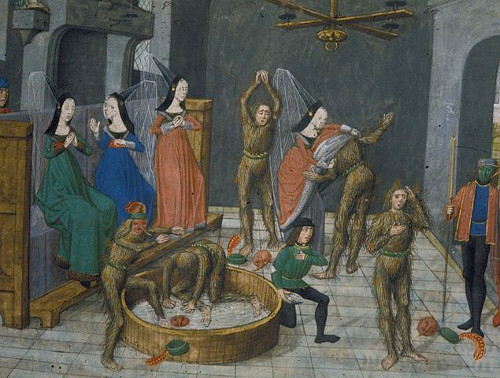On June 23, 1908, a messenger delivered a bottle of ale to the door of Philadelphia doctor William Wilson. “We are taking the liberty of sending a few physician’s samples of our new product,” read an accompanying letter, which bore the name of a well-known Philadelphia brewing company. “As the beneficial qualities of our ale is to be our strong talking point, we have decided to cooperate with physicians as far as possible in the introduction of our goods.” It asked him to sample the product and to respond if he felt he could recommend it to his patients.
Three days later, Wilson sampled the bottle. Within 30 minutes he was dead of cyanide poisoning.
On June 29, coroner Rush Jermon received a typewritten letter:
Dear Mr. Coroner:
I want to write you regarding the death of Dr. W.H. Wilson.
In some way he induced my wife to become a patient of his. As a result of poisonous injections he used, she died a few weeks ago. In order to protect her name, I did not give the last attending physician all the facts, and she was buried with another cause assigned.
To rid the community of this wholesale killer, I have removed him like a weed from a garden. …
Now that this service to the community is rendered and the death of my dear wife avenged, I am going to quit this part of the world. I don’t think you will ever find me but I don’t care much what happens anyhow.
My only regret is the grief caused his wife and child but I believe they are better off without him. I say let those who live by poison die by poison.
“By the time you get this on Monday morning, I will be far from here,” it concluded. It was signed “An outraged husband and father.”
An investigation showed that the killer must have mailed the first letter from a West Philadelphia postal station at 1 a.m. on June 23, but no one remembered seeing him there. A clerk at the messenger service described a clean-shaven, neatly dressed man of about 40 wearing a black derby, and a station agent at Bristol, Pa., recalled a man of that description jumping briefly off a train to mail a letter on June 27, the day after Wilson had died. This man had apparently bought a ticket at Torresdale, a small station between Philadelphia and Bristol, earlier that day.
But there the trail ended. The mystery became a nationwide sensation, but no further progress was made. An inquest on July 10 returned a verdict of death by cyanide of potassium poisoning at the hands of a person or persons unknown. The killer was never found.






